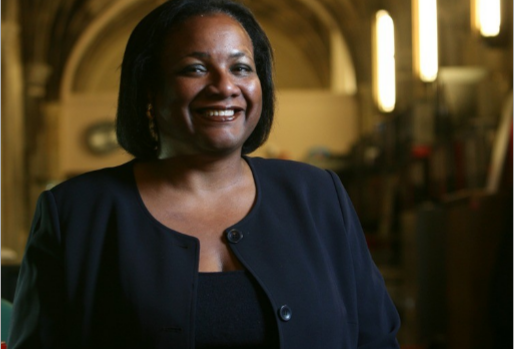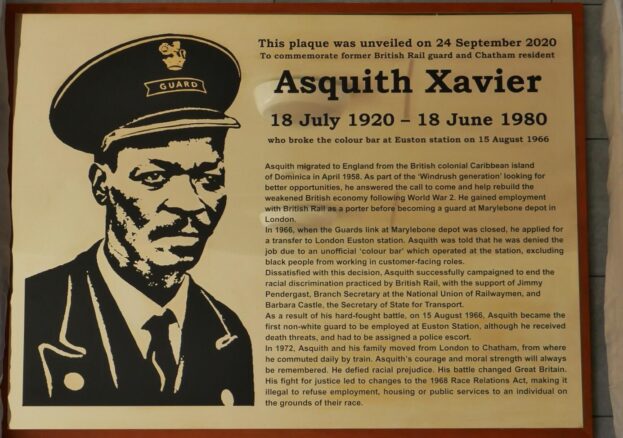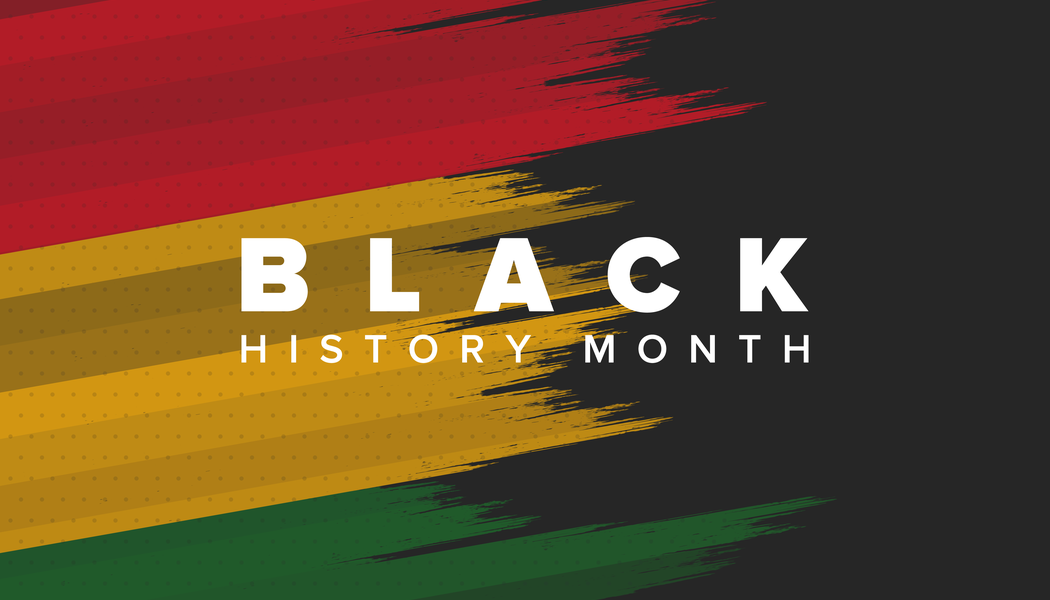The UK has marked Black History Month in October for more than 30 years, drawing attention to the contributions Brits of African and Caribbean heritage have made to life and society in this country. It was introduced to Britain by Akyaaba Adelai-Sebo, a Ghanian journalist and activist who had seen the sense of pride the exploration of their history had given black children in America, and has since become an annual fixture.
With history curriculums still focusing on the achievements of white figures, the month is a great opportunity for education – and not just in schools. The underappreciated history of black people in the UK is a lot longer than many people believe and learning about these ‘forgotten’ parts of history brings us all closer together.
#MulticulturalBritain
Current estimates put the UK’s black population at about 2 million, or 3.1% of the total population, with about 99k of those hailing from Africa and 60k with their origins in the Caribbean.
Black Brits Who’ve Made an Impact
Diane Abbott
First Black Female MP
Elected in 1987 to Hackney North and Stoke Newington, Abbott’s 33 years in office have seen her become the first black Labour leadership candidate, first black shadow Home Secretary and first black woman to represent her party at the dispatch box during PMQs.
She has made award-winning speeches and championed peace and equality throughout her time in office, and now works alongside at least one recently elected MP who was directly inspired to stand for election by her career.

John Kent
First Black Police Officer
It was thought for several years that Norwell Roberts was the first black police officer in the UK, joining the force in the 60s, but recent research by a former detective superintendent discovered the career of John Kent in Carlisle, who joined the force in 1837 – only two years after it was officially created.
At the time, black people were so rare to see in the north of England that he attracted crowds even at his previous job laying pavements, but he served for seven years and had a modestly successful career, with several arrests on record as well as a visit to the court to give evidence against a defendant. The police were also the fire service at the time, and records show Kent as regularly receiving more of the insurance reward money than his peers, demonstrating his commitment to his duty.
After his time with the police, he went on to become a court bailiff and then a parish constable, living in Carlisle until his death aged 80.

Asquith Xavier
Inspired the Creation of the Commission for Racial Equality
Part of the Windrush generation, Xavier was employed by British Rail as a guard when he was denied a transfer to London Euston due to an unofficial ‘colour bar’ in place there.
Refusing to accept this lying down he began a campaign to end this discriminatory practice, his fight attracting the support of the National Union of Railway Workers Branch Secretary and Secretary of State for Transport Barbra Castle.
In late 1966 he was officially employed by the station and the legislation to prevent other companies from denying employment to non-white Britons was being written into the 1968 extension to the Race Relations Act.
You can find more fascinating profiles on Black British people throughout history that many people might not be familiar with on the official Black History Month UK website here.
